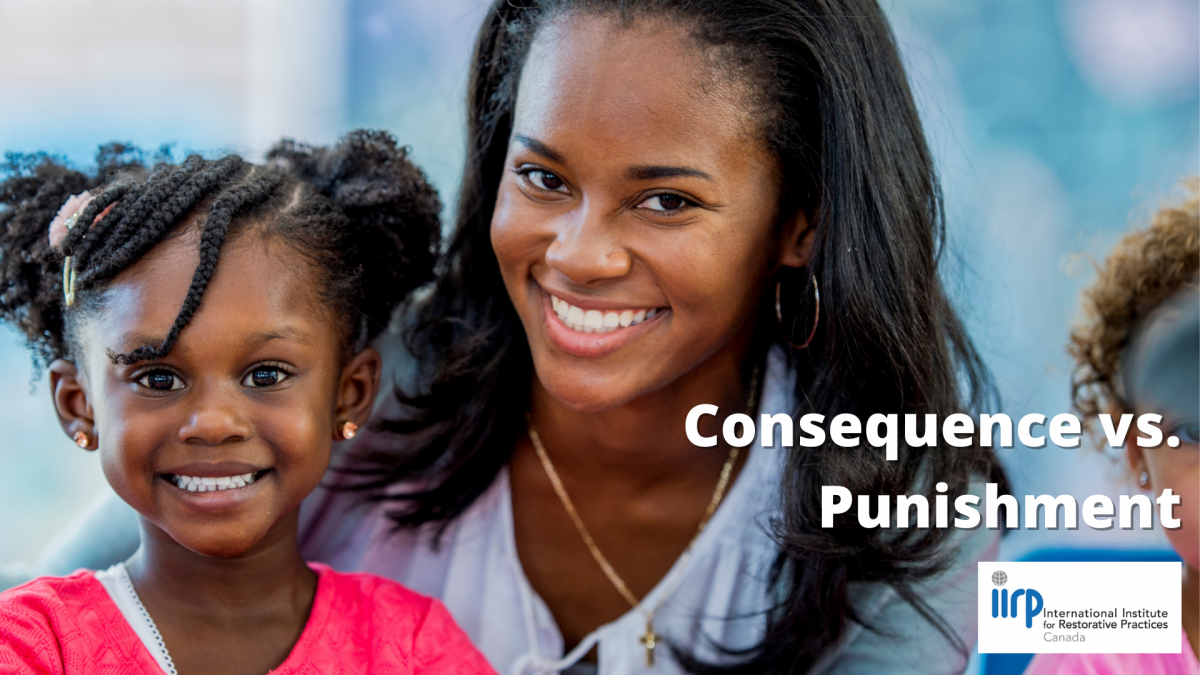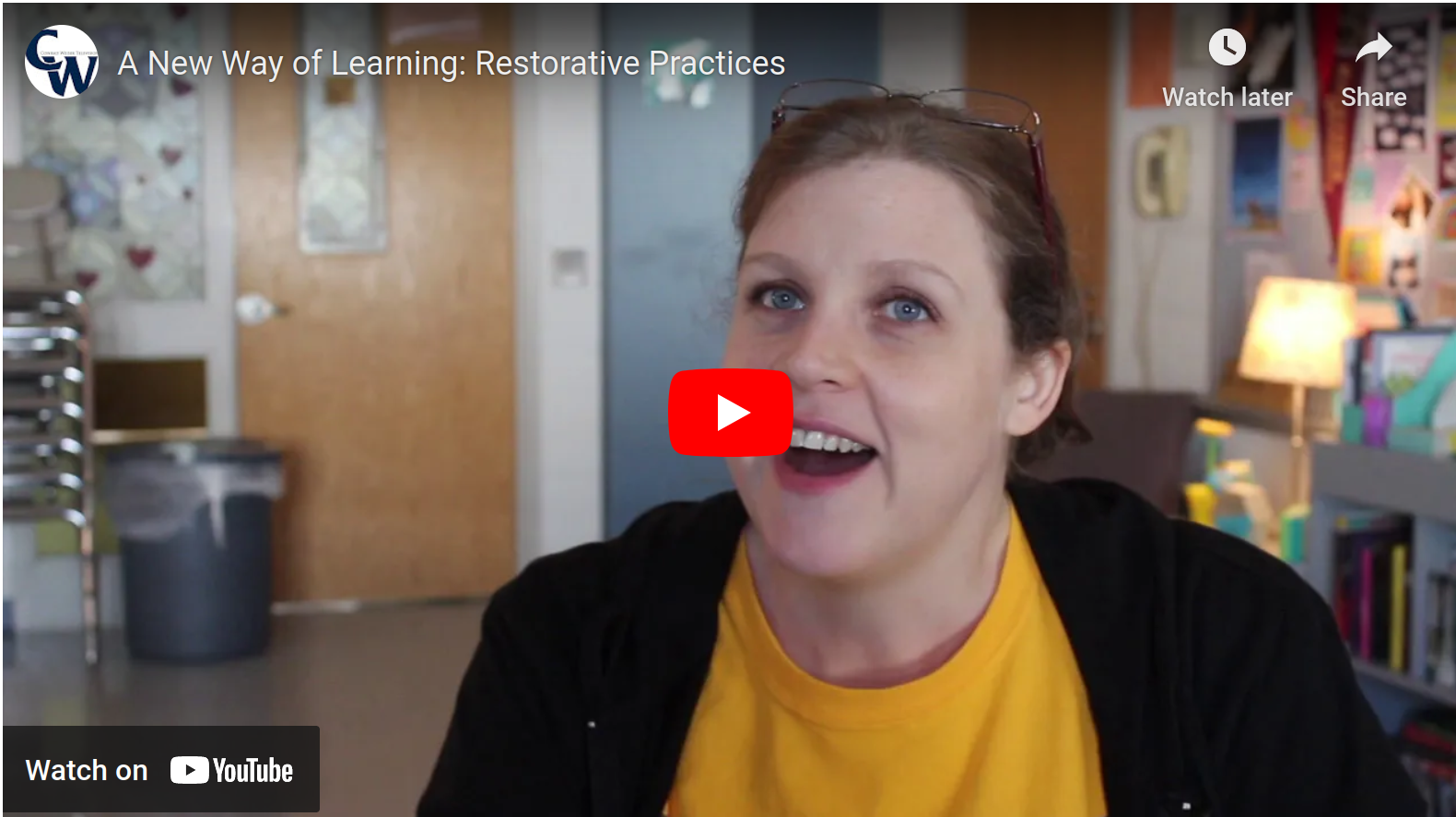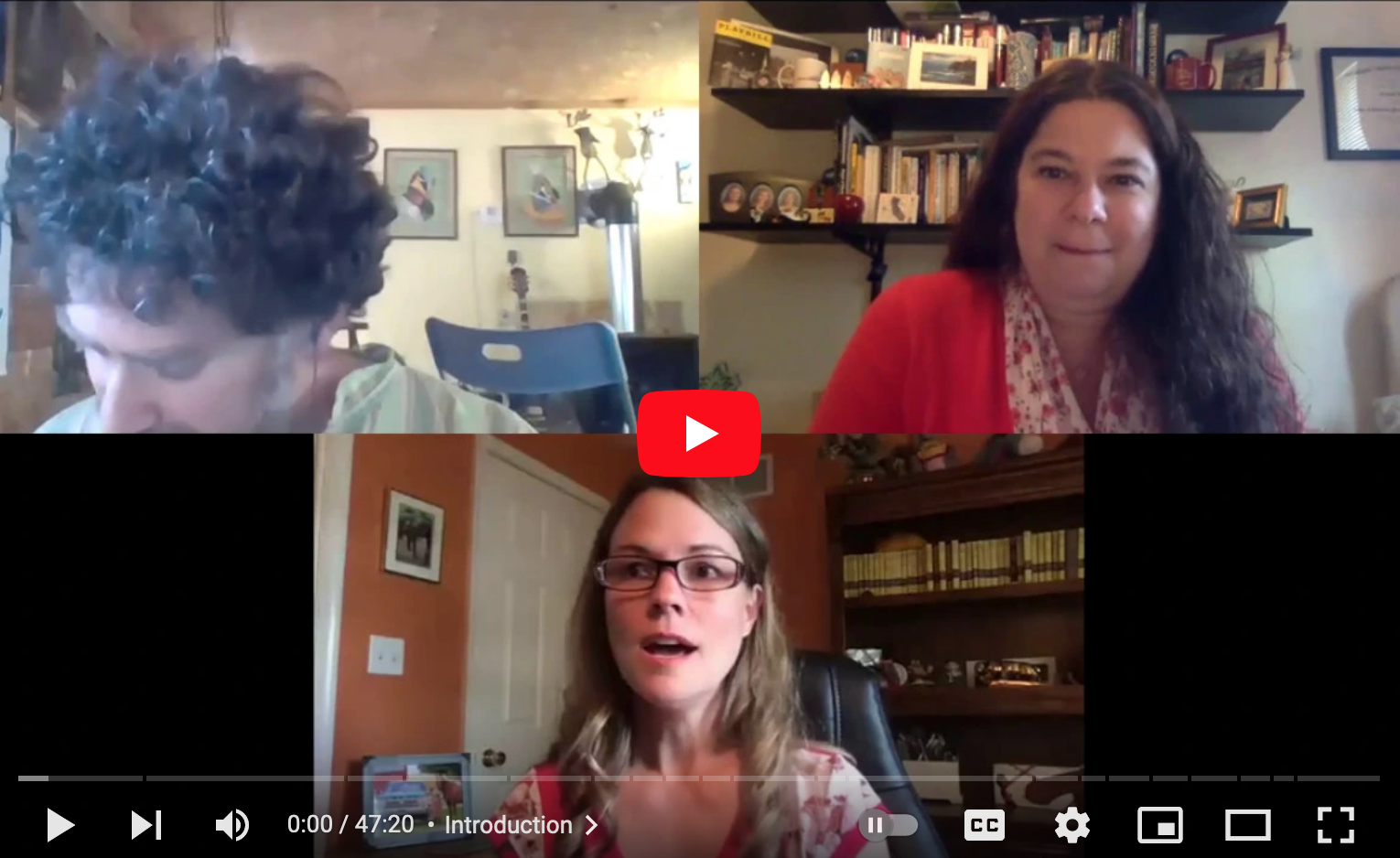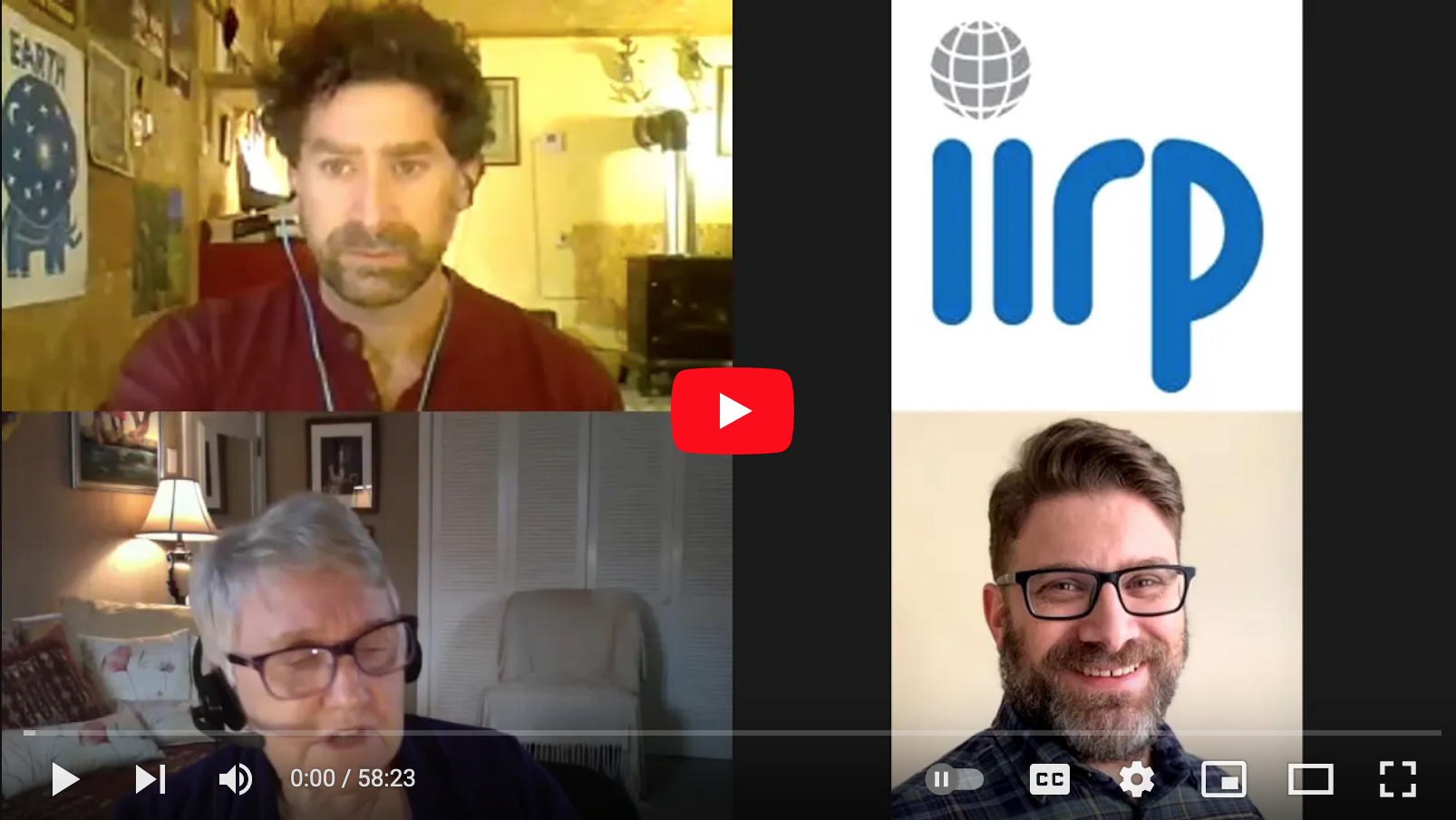News & Announcements
- Details
- Written by Peggy Barrett
Punishment, according to a quick search, is defined as “the infliction or imposition of a penalty as retribution for an offense.” (source, retrieved March 3, 2021). The words associated that appear with this search are penalizing, punishing, disciplining, retribution, damnation, and chastising – YIKES!
I have always been uncomfortable with this idea of “punishment” – a feeling that was amplified when I began working in education.
- Details
- Written by Kristin Oakley
Teachers in Pennsylvania school discuss how restorative practices meets students' learning and emotional needs.
- Details
- Written by Kristin Oakley
A restorative culture, by fostering effective communication and continual feedback, creates an environment that maximizes professional learning for individuals and organizations.
- Details
- Written by Kristin Oakley
To begin to address anxiety and fears within individuals, families, and communities during the COVID-19 pandemic, we need to start by caring for ourselves.
- Details
- Written by Elizabeth Smull & Joshua Wachtel
 Image by Phil Wolff at Flickr Creative CommonsAs many of us gather virtually during this time of COVID-19, we feel a need to talk about what is happening and how we’re being affected.
Image by Phil Wolff at Flickr Creative CommonsAs many of us gather virtually during this time of COVID-19, we feel a need to talk about what is happening and how we’re being affected.
The impact has to do with those who become sick, obviously. The rest of us who are settling in place in our homes and maintaining physical distance are also dramatically affected.
Early in the crisis, a teacher asked, “I’m out of school; all my students are at home. What’s a good circle prompt to do at this time?”
- Details
- Written by Gina Baral Abrams and Joshua Wachtel
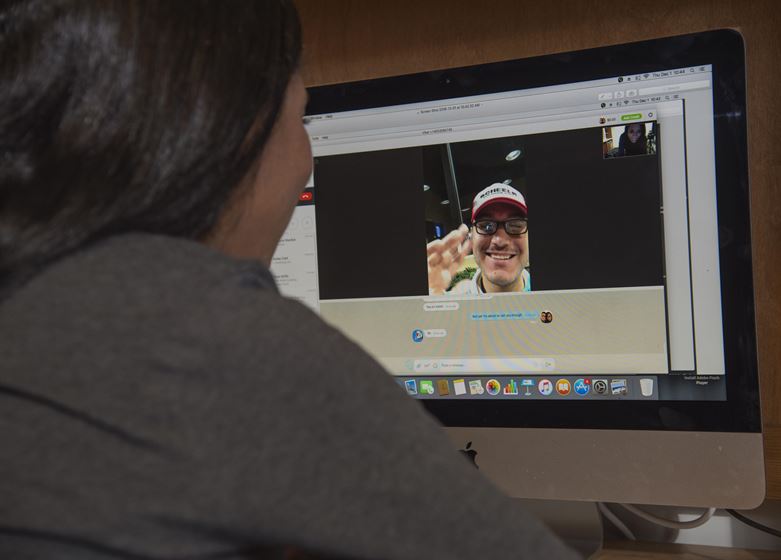
As the COVID-19 crisis deepens across the country and around the world, most of us are settling into a life characterized by physical distancing and sheltering in place. The IIRP has been receiving numerous inquiries and requests about how restorative practices can be applied to help. Overall, we know that people are the experts in their own communities; in fact, we look forward to people sharing their experiences so we can all learn. (Our social media platforms are already available as a place to share, and we are currently developing other meaningful options.) However, we would like to share some principles derived from restorative practices that might help us frame appropriate responses in our families and work, and with our friends and community.
While the coronavirus is a medical issue, a large part of what we are experiencing is a social crisis. Therefore, the relevance of consciously being relational becomes even more important. As many restorative practitioners understand, restorative thinking and practice isn’t just reserved for the workplace. We take restorative practices wherever we go. Now that so many of us are confined closely with our nuclear families, we can really focus on how to interact with our loved ones using a restorative lens, as we navigate this crisis together.
- Details
- Written by Claire de Mézerville López, IIRP Representative for Latin America
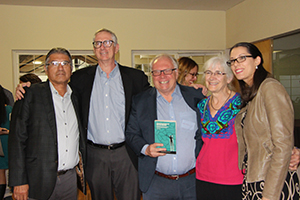 From right to left, Claire de Mézerville López (Costa Rica), Kay Pranis (U.S.), John Braithwaite, Ph.D. (Australia), Miguel Tello (Costa Rica) and Manuel Delgado Chu (Peru) On Thursday and Friday, March 5 and 6, IIRP Latin America held an international conference, Congreso Justicia y Educación con Visión Restaurativa (Justice and Education with a Restorative Vision) in Mexico City. Over 100 participants from 11 different countries (Brazil, Chile, Peru, Colombia, Costa Rica, Honduras, El Salvador, Guatemala, Mexico, Spain and the United States) gathered to share experiences and programs related to how restorative practices and restorative justice can help us to find hope in our Latin American region.
From right to left, Claire de Mézerville López (Costa Rica), Kay Pranis (U.S.), John Braithwaite, Ph.D. (Australia), Miguel Tello (Costa Rica) and Manuel Delgado Chu (Peru) On Thursday and Friday, March 5 and 6, IIRP Latin America held an international conference, Congreso Justicia y Educación con Visión Restaurativa (Justice and Education with a Restorative Vision) in Mexico City. Over 100 participants from 11 different countries (Brazil, Chile, Peru, Colombia, Costa Rica, Honduras, El Salvador, Guatemala, Mexico, Spain and the United States) gathered to share experiences and programs related to how restorative practices and restorative justice can help us to find hope in our Latin American region.
Our keynote speaker, John Braithwaite, Ph.D., Distinguished Professor at Australia National University and IIRP Honorary Trustee, inspired and encouraged participants on Thursday morning, calling for them to seek points of hope and to "aim breathtakingly high."
During the conference, 40 breakout sessions were held on topics including peace circles following the establishment of the peace agreement in Colombia; restorative approaches in Mexican schools; a restorative approach for supporting youth with drug addiction in Brazil; restorative practices with indigenous communities in Peru; and restorative responses for communities struck by natural disasters in Guatemala, along with many other topics.
- Details
- Written by Joshua Wachtel
Lea los materiales de presentación.

El jueves 05 y viernes 06 de marzo del 2020, IIRP Latinoamérica celebró el congreso internacional “Justicia y Educación con Visión Restaurativa” en la Ciudad de México. Más de 100 participantes de 11 países diferentes (Brasil, Chile, Perú, Colombia, Costa Rica, Honduras, El Salvador, Guatemala, México, España y Estados Unidos) se reunieron para compartir experiencias y proyectos restaurativos que han venido estableciéndose en América Latina con una rica variedad de perspectivas y abordajes. Este evento representa una oportunidad para contribuir con el sentido de comunidad entre personas que trabajan justicia restaurativa, la socialización de buenas prácticas y el propósito de incrementar un sentido de esperanza para nuestra región latinoamericana.
- Details
- Written by IIRP Staff
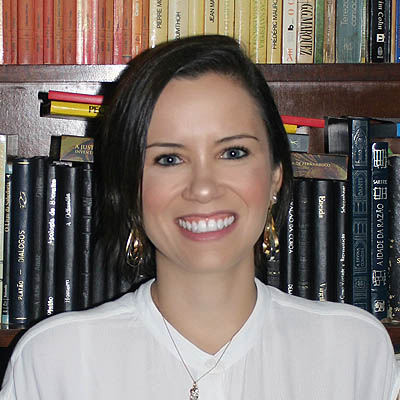 The IIRP Graduate School is proud to announce the creation of a Thesis Option for students and alumni of our Master of Science in Restorative Practices. The thesis option provides an opportunity to conduct and publish research in the restorative practices field.
The IIRP Graduate School is proud to announce the creation of a Thesis Option for students and alumni of our Master of Science in Restorative Practices. The thesis option provides an opportunity to conduct and publish research in the restorative practices field.
To help facilitate the program, IIRP Assistant Professor Fernanda Fonseca-Rosenblatt, Ph.D., has been named a faculty member and will serve as Faculty Advisor for students choosing the thesis option.
“For the past three years I have been an adjunct professor at the IIRP,” says Dr. Rosenblatt. “We have so many great students who are not just interested in studying and research but who are working in the field every day. With the thesis option, we are giving them a platform where they can show the world what they are doing and actually contribute to the field, not just theoretically but in practice.”
- Details
- Written by Kate Shapero '10
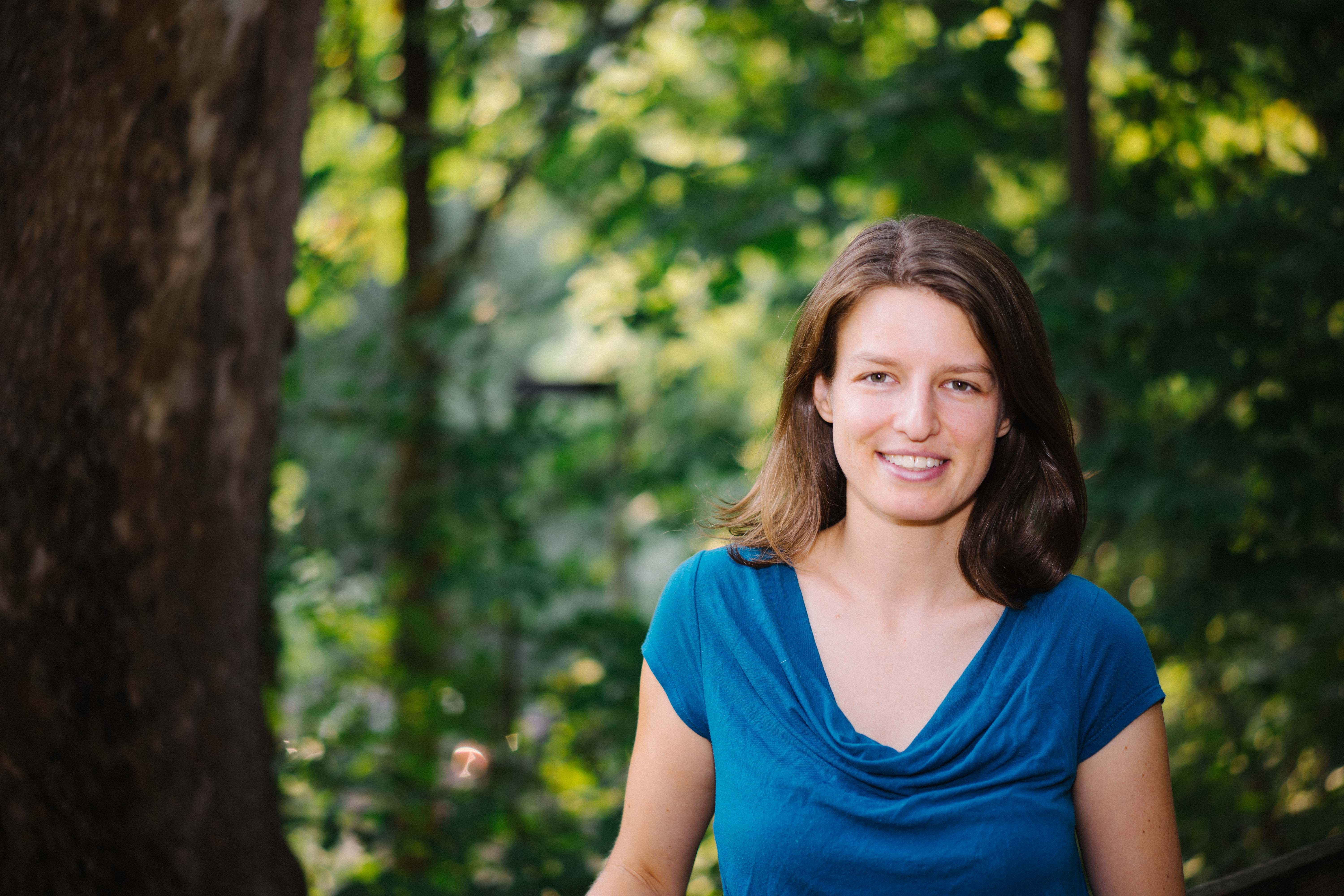 It was a Friday night, the skies were clear, traffic on I-76 was light, and the Center City Philadelphia streets were bustling. I was going to meet friends for a birthday celebration at a karaoke bar on 20th and Chestnut Streets.
It was a Friday night, the skies were clear, traffic on I-76 was light, and the Center City Philadelphia streets were bustling. I was going to meet friends for a birthday celebration at a karaoke bar on 20th and Chestnut Streets.
I worked my way south on 23rd street and approached Chestnut, preparing to make a left turn. When the light turned green, two couples were standing near the edge of the sidewalk outside the driver’s side window, as if getting ready to cross. They were laughing and chatting, but looked to be in motion, and I couldn’t quite tell which way they would proceed. When I realized that they were hesitating and waiting to continue behind me down Chestnut, I began the left turn, looking ahead a second too late.
Directly in front of my headlights was a woman who had begun to cross from the opposite corner. I had been so focused on the group near me that I neglected to re-check the other side of the street before moving forward. I hit the brakes and stopped less than an inch from her knees. She slammed her hands on the hood of the car to brace herself and looked at me with an expression of surprise, fear and anger. In the lights, she looked frozen and shocked.

Restorative Works Year in Review 2024 (PDF)
All our donors are acknowledged annually in Restorative Works.

